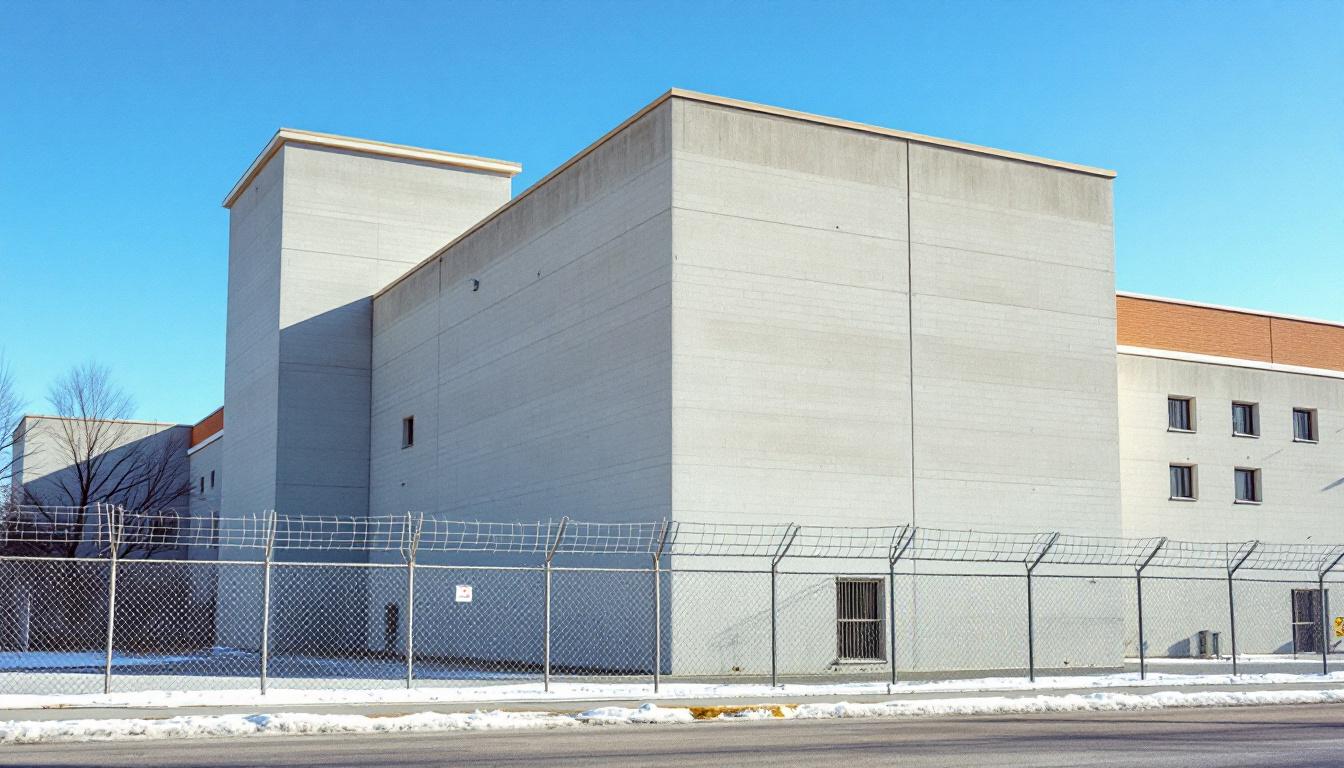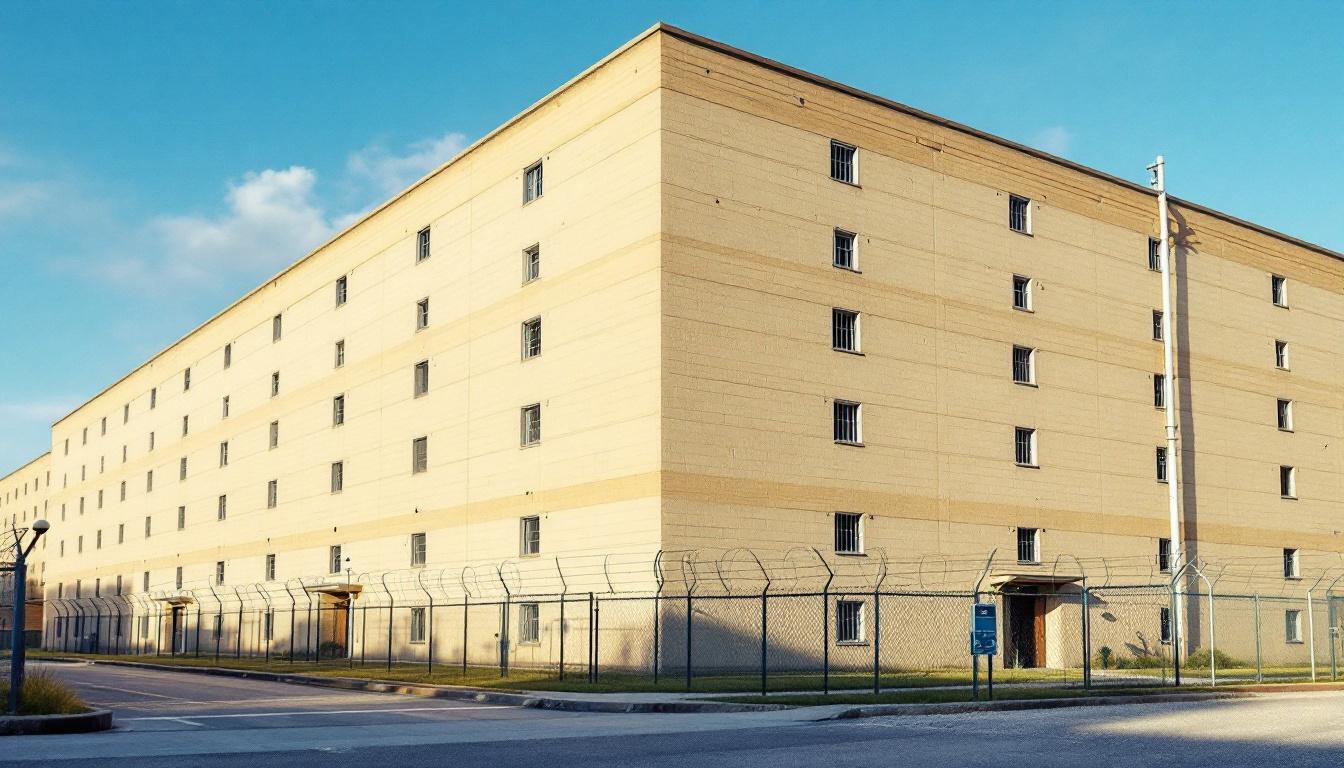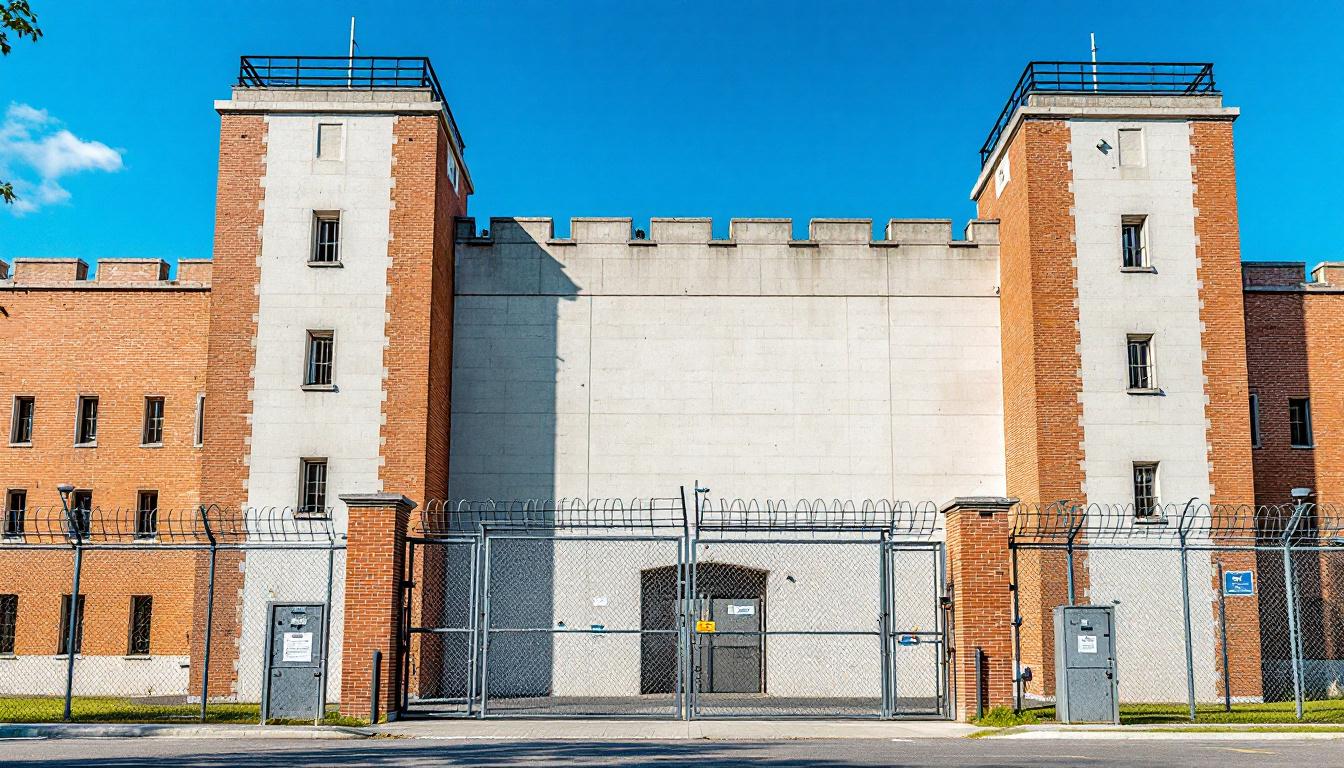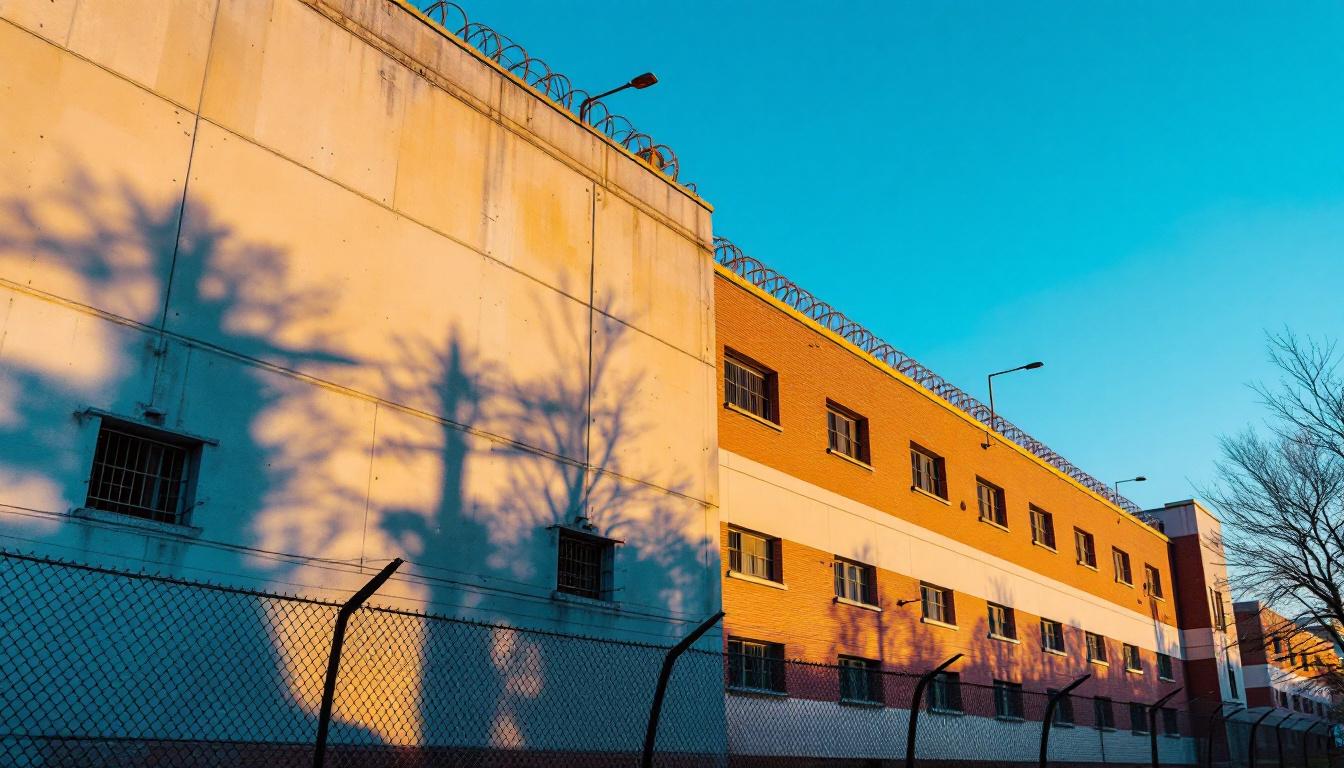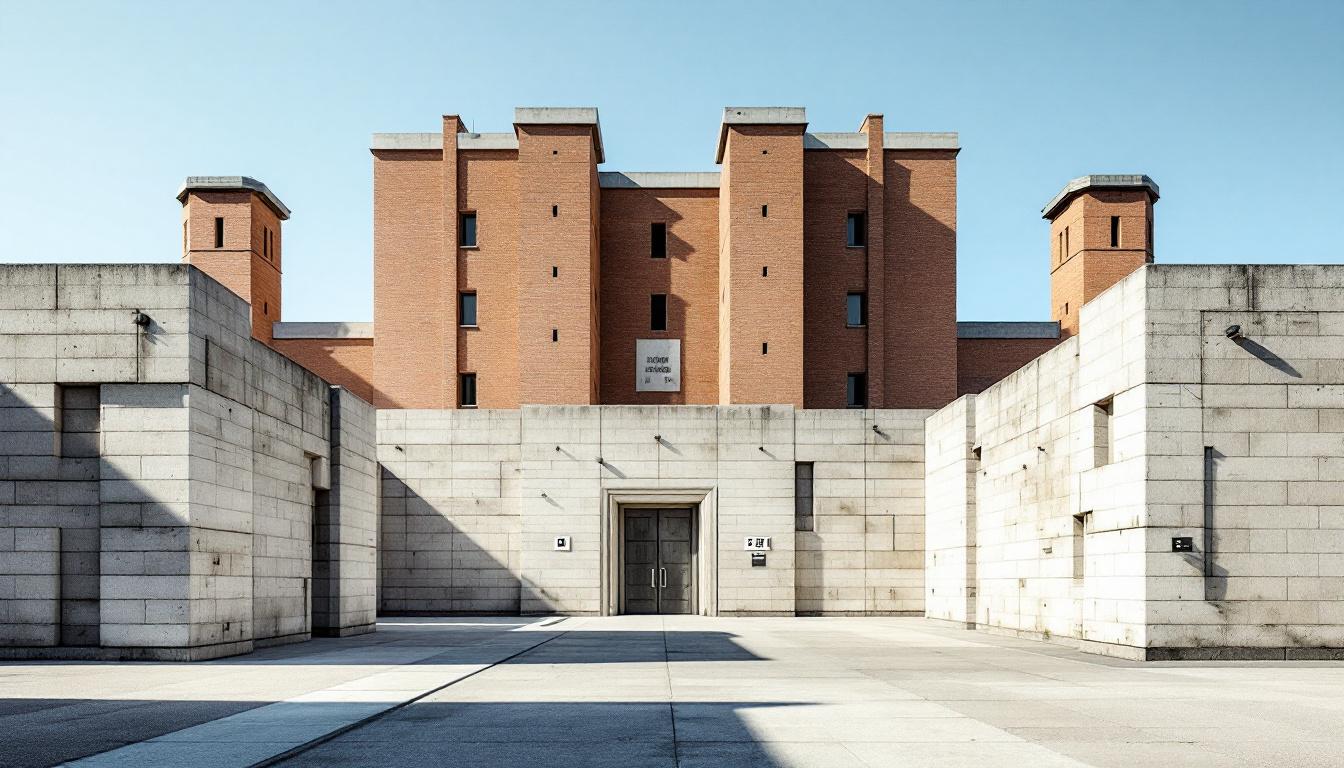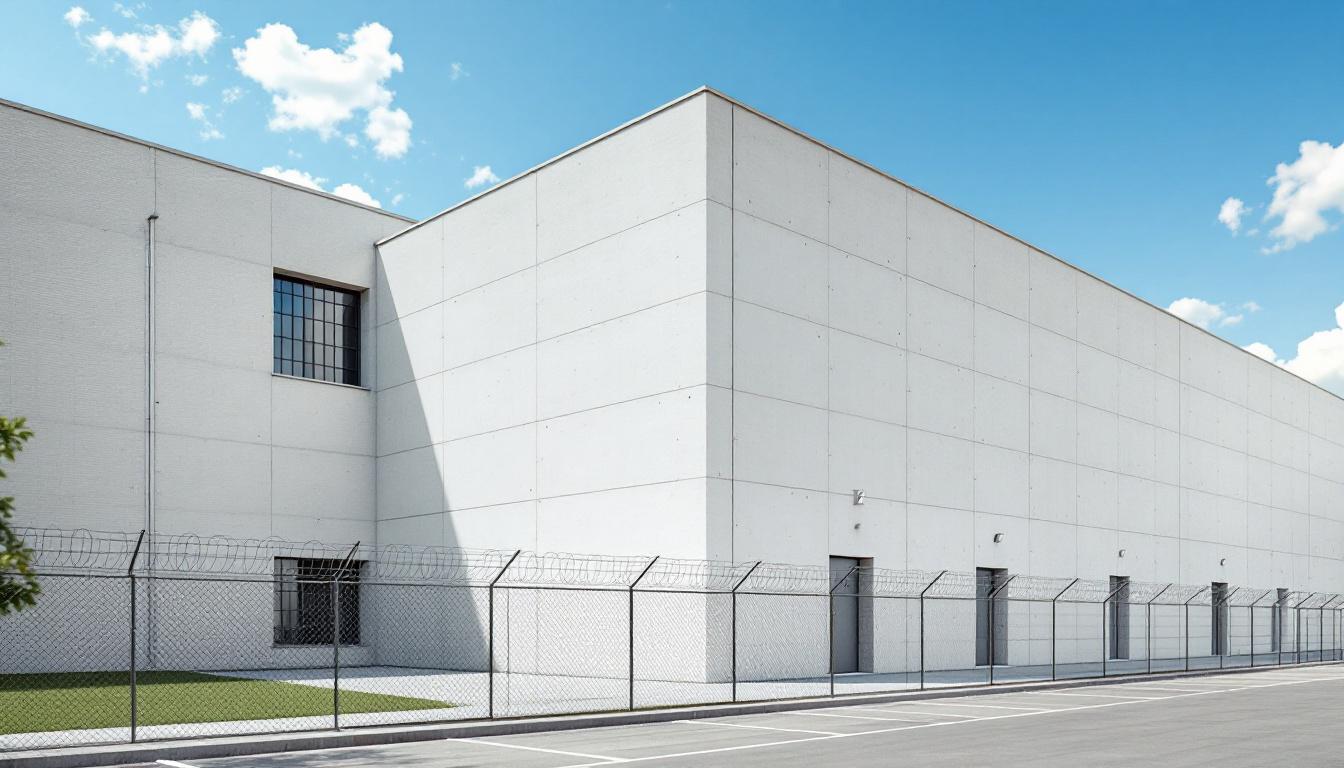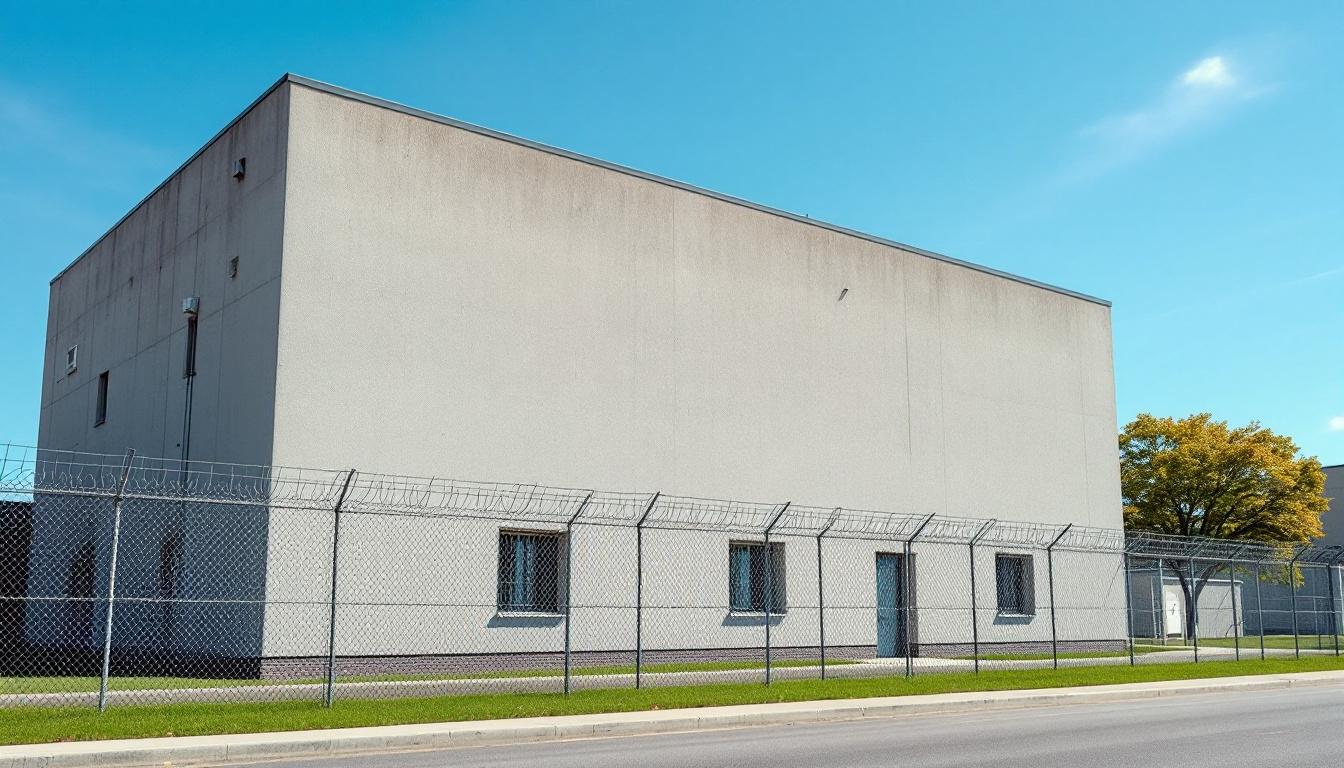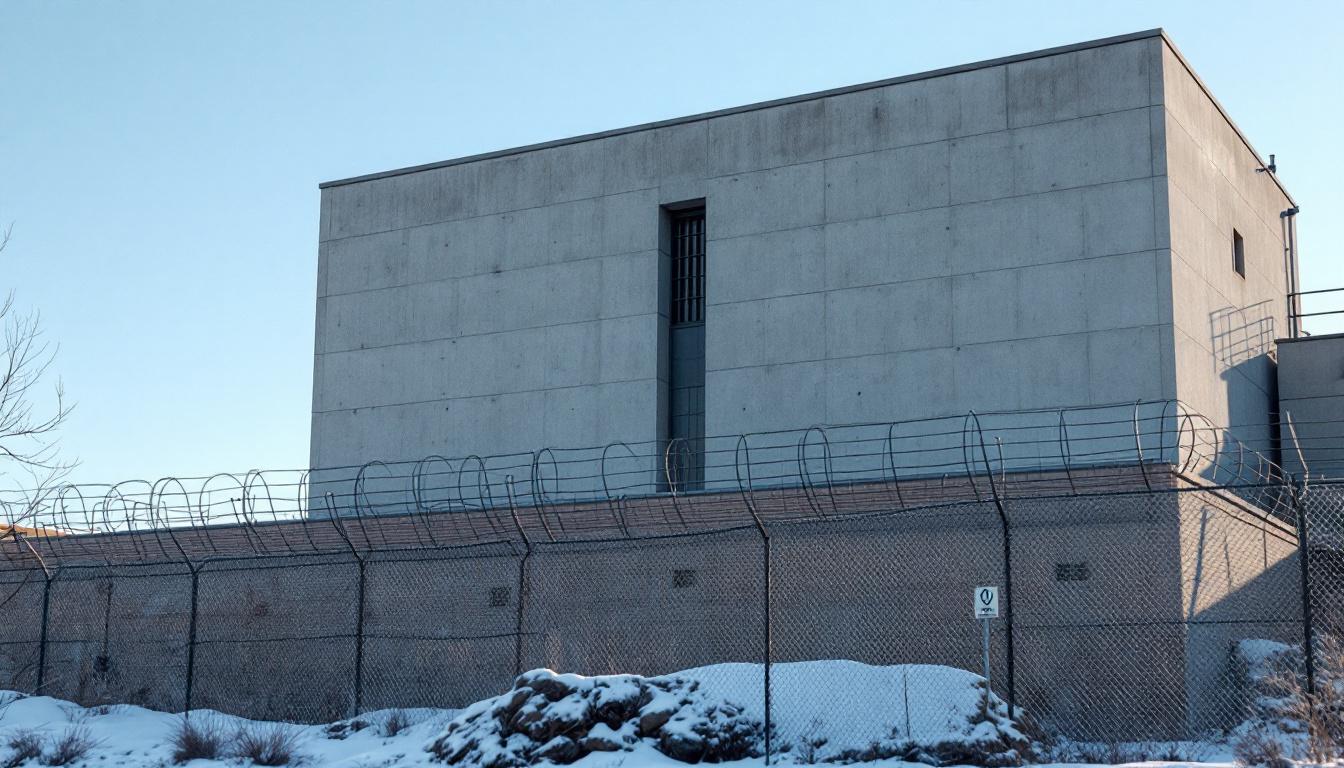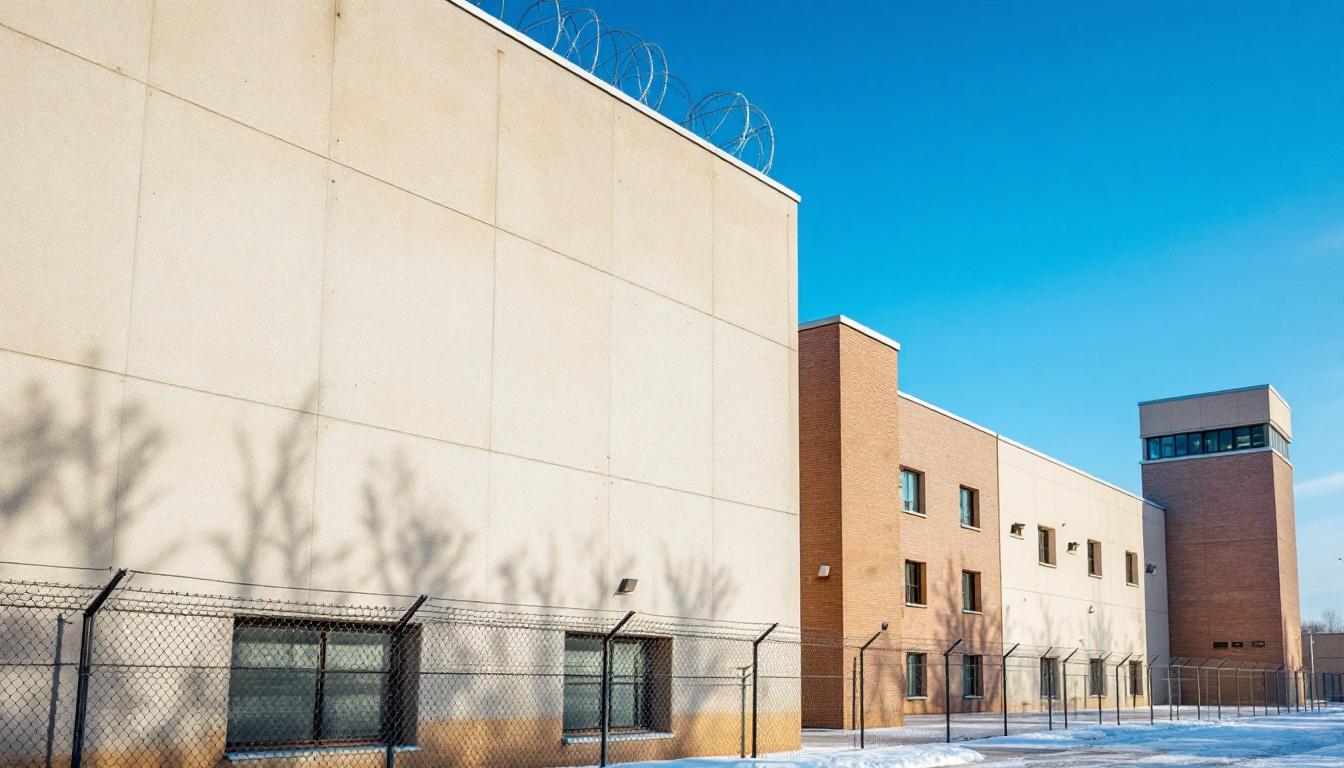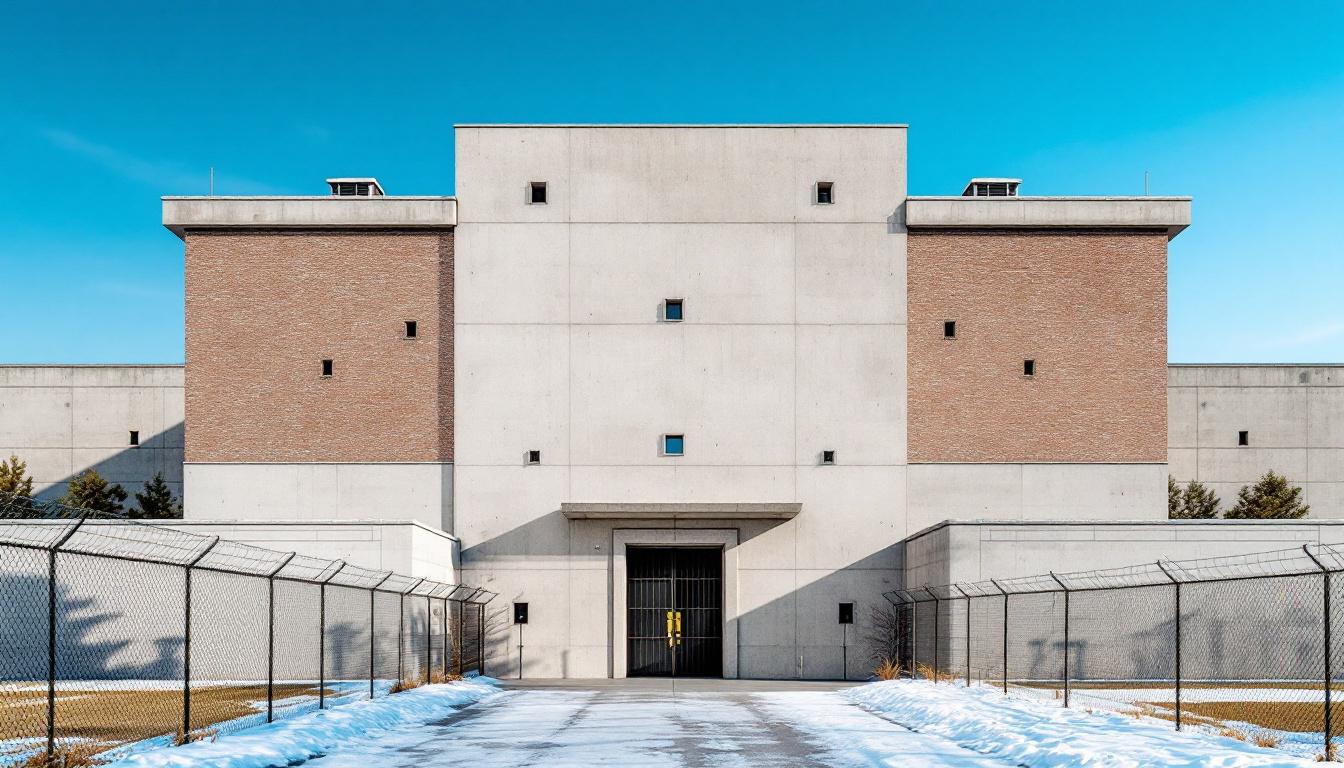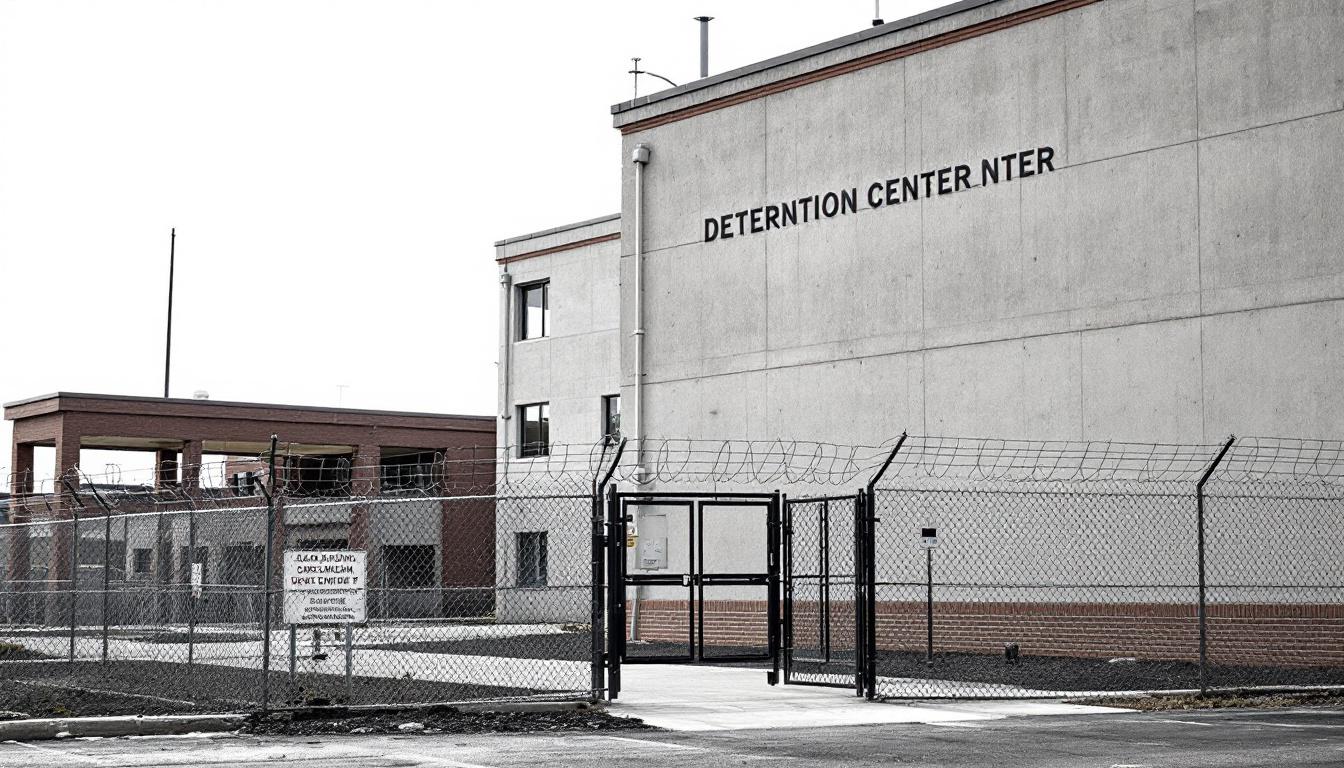
Quick Navigation
How to contact an inmate at Broad River Correctional Institute
This comprehensive guide will walk you through how to connect with an inmate at Broad River Correctional Institute. Follow the steps below to find an inmate and send letters and photos:
- Search for the inmate using our search tool below
- Create your account or log in to Penmate
- Write your message (up to 6,000 characters)
- Send instantly - inmates receive printed copies daily
Find an Inmate
Search for an inmate to start communicating today
Tip: You can search by first name, last name, or inmate ID number
To contact a person at Broad River Correctional Institute start by searching for the person on the official facility website. Perform a search by following these steps:
- Step 1: Enter their first name and last name into the search form and click "Search"
- Step 2: Locate their inmate record
- Step 3: Write down their Inmate ID and any housing information provided
Important! Be sure to enter the person's full name. Nicknames should not be used.
How to Send Messages to Inmates

You can use your phone or computer to send emails, letters, and photos to an inmate. Messages are sent electronically to inmate tablets or kiosks at the facility. If you would like to send a message, start by searching for an inmate at Broad River Correctional Institute.
Sending Photos and Postcards

A great way to send love and support to a loved one at Broad River Correctional Institute is to send photos and postcards. It only takes a few minutes to send photos from your phone and it makes a huge difference. You can also mail postcards with words of support and inspiration, or design your own postcard for special moments like birthdays and holidays.
Important! Be sure not to send any explicit photos or they may not be approved by the facility. You can also use a photo printing app like Penmate to make sure your photos are printed at the correct size (4x6 or 3x5) and are mailed according to the rules and regulations of Broad River Correctional Institute.
Frequently asked questions about Broad River Correctional Institute
-
How long does it take to deliver a message?
If you're sending an email message your letter is usually delivered within 24-48 hours. For messages sent via mail you should expect delivery within 3-7 days. All messages will need be approved by Broad River Correctional Institute.
-
How much does it cost to send a message to Broad River Correctional Institute?
You can send a message free using your phone or mail a message via USPS for the price of a $0.60 stamp and envelope. You can also purchase credits or e-stamps from services starting at $1.99.
-
What services can I use to contact an inmate at Broad River Correctional Institute?
Penmate
You can use Penmate to send letters and photos to an inmate from your phone. It's an easy way to stay in touch during your loved one's incarceration. Use the inmate locator to find an inmate's location and contact information, then you can send messages within a few minutes.
Securus messaging
Securus may be another option for communicating with an inmate at Broad River Correctional Institute. You can create a friends and family account and purchase credits to send messages. All messages will be reviewed and must be approved by the facility.
JPay
Some county jails and state prisons may support sending messages with JPay. You must register an account with the system, find your loved one, and purchase stamps to send messages. For some locations you can also attach photos.
Smart Jail Mail
You may also check if Smart Jail Mail is available at Broad River Correctional Institute. Smart Jail Mail is operated by Smart Communications and has contracted with some state and county jails. After purchasing credits, your messages and photos are sent to the facility, printed out, and then handed out to your loved one.
-
What is the mailing address of Broad River Correctional Institute?
Mailing address:
Broad River Correctional Institute
4460 Broad River Road
Columbia, SC 29210
Phone: (803) 896-2234 -
What are the visiting hours at Broad River Correctional Institute?
Visiting hours at Broad River Correctional Institute vary by housing unit and security level. Generally, visits are scheduled on weekends and holidays, with some facilities offering weekday visits. Contact the facility directly at (803) 896-2234 or check their website for the current visiting schedule. Visits typically last 30-60 minutes and must be scheduled in advance.
-
What items are prohibited when sending mail to Broad River Correctional Institute?
Prohibited items typically include: cash, personal checks, stamps, stickers, glitter, glue, tape, staples, paperclips, polaroid photos, musical or blank greeting cards, hardcover books, magazines with staples, and any items containing metal or electronics. Only send letters on plain white paper with blue or black ink. Photos must be printed on regular photo paper (no Polaroids). Always check with Broad River Correctional Institute for their specific mail policies.
-
How do I send money to an inmate at Broad River Correctional Institute?
You can send money to an inmate at Broad River Correctional Institute through several methods: 1) Online using JPay, Access Corrections, or the facility's approved vendor, 2) Money orders mailed directly to the facility with the inmate's name and ID number, 3) Kiosks located in the facility lobby, or 4) Over the phone using a credit or debit card. Fees vary by method, typically ranging from $2.95 to $11.95 per transaction.
-
Can I schedule a video visit with an inmate at Broad River Correctional Institute?
Many facilities now offer video visitation as an alternative to in-person visits. At Broad River Correctional Institute, video visits may be available through services like Penmate, Securus Video Connect, GTL, or ICSolutions. Video visits typically cost $10-20 for 20-30 minutes and must be scheduled in advance. You'll need a computer or smartphone with a camera and reliable internet connection. Contact the facility for their specific video visitation policies and approved vendors.
-
What identification do I need to visit an inmate at Broad River Correctional Institute?
All visitors must present valid government-issued photo identification such as a driver's license, state ID, passport, or military ID. Minors must be accompanied by a parent or legal guardian who can provide the minor's birth certificate. Some facilities require visitors to be on the inmate's approved visitation list, which may require a background check. Contact Broad River Correctional Institute for specific ID requirements and visitor approval procedures.
-
How can I find out an inmate's release date?
To find an inmate's release date at Broad River Correctional Institute, you can: 1) Use the online inmate search tool if available, 2) Call the facility's records department, 3) Contact the inmate's case manager or counselor, or 4) Have the inmate provide this information during a call or visit. For privacy reasons, some facilities only release this information to immediate family members.
Facility Overview
Contact Information
Broad River Correctional Institute4460 Broad River Road
Columbia, SC 29210
Phone: (803) 896-2234
Official Website
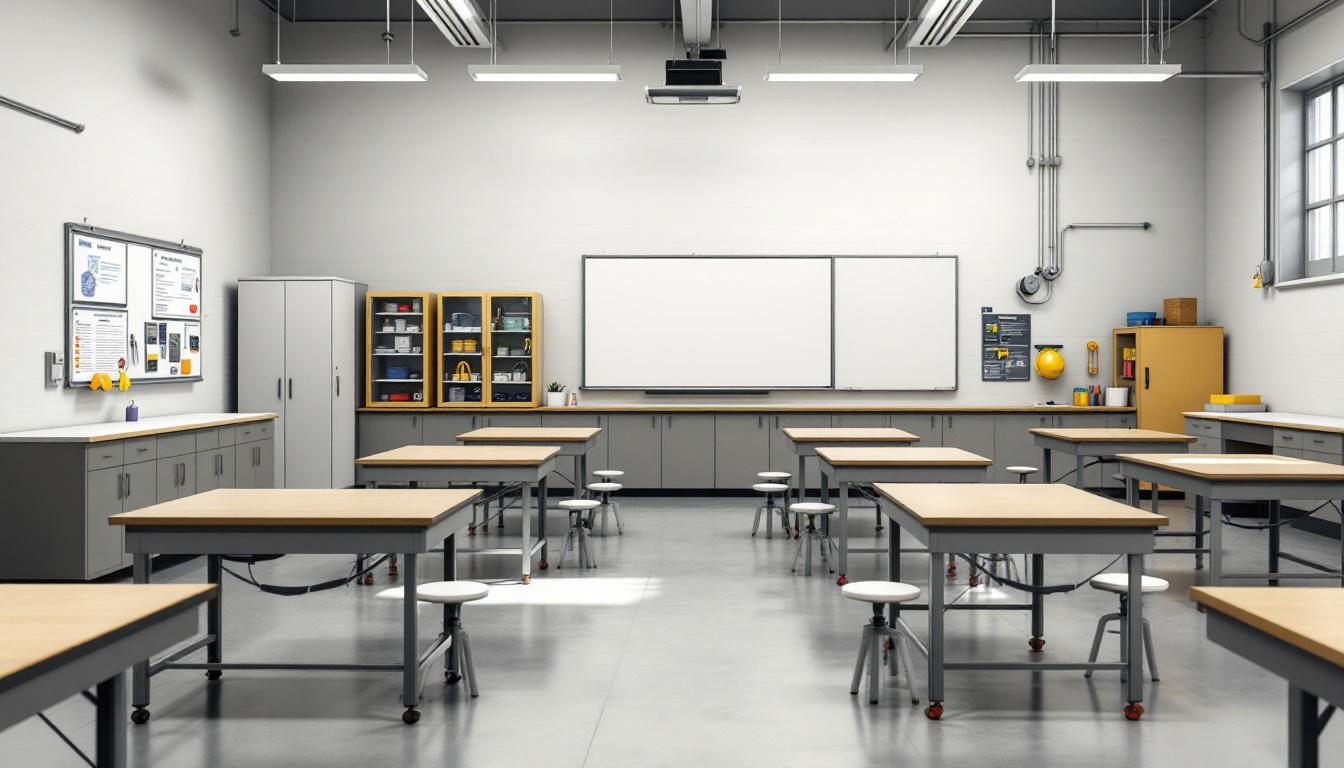
About Broad River Correctional Institute
Nestled within Seminole's community landscape, this FL correctional facility operates as a vital component of Pinellas County's justice system, serving residents who await court proceedings or serve shorter sentences. The facility typically focuses on maintaining connections between incarcerated individuals and their families while providing essential services that support both immediate needs and longer-term reintegration goals. As part of Florida's broader correctional network, Pinellas County Jail generally emphasizes accessibility for family members seeking to maintain contact with their loved ones through various communication channels and visitation opportunities.
The county jail typically serves a diverse population with varying backgrounds and circumstances, often including individuals from throughout the Pinellas County area who may be experiencing their first contact with the correctional system. Staff members generally work to provide residents services that may include educational opportunities, substance abuse programming, and mental health support, recognizing that many individuals benefit from structured programming during their stay. The facility's approach often centers on preparing residents for successful community reentry while maintaining security and safety standards expected of modern correctional operations.
Within Florida's correctional framework, this Seminole-based facility typically collaborates with local courts, probation services, and community organizations to support rehabilitation efforts and reduce recidivism. The jail may offer work programs, religious services, and basic educational resources designed to help residents develop skills and maintain stability during their incarceration period, though specific programming availability can vary based on operational needs and individual circumstances.
Programs & Services
Educational initiatives form the cornerstone of rehabilitation efforts, with comprehensive programming designed to address diverse learning needs among residents. These evidence-based approaches typically focus on reducing recidivism through skill development and personal growth opportunities. The facility's philosophy emphasizes that meaningful change occurs when residents gain practical tools and knowledge that support successful community reintegration.
Academic programming may deliver foundational education services, including literacy development and high school equivalency preparation. Tutoring initiatives often provide individualized support to help residents overcome educational barriers and achieve their learning goals. In addition to this, vocational training opportunities typically focus on job-ready skills in various trades and industries. These educational components work together to create pathways for residents who may have previously lacked access to structured learning environments.
Support services and therapeutic initiatives address the complex needs that often contribute to criminal behavior. Substance abuse treatment programming may offer both group and individual counseling sessions designed to help residents develop coping strategies and maintain sobriety. Mental health counseling services typically provide professional support for residents dealing with various psychological challenges. Work release initiatives often allow eligible residents to maintain employment while serving their sentences, facilitating smoother transitions back into the community. Veterans services may deliver specialized support recognizing the unique challenges faced by former military personnel, while chaplaincy programs typically offer spiritual guidance and counseling to residents seeking faith-based support during their incarceration.
Daily Life & Visitation
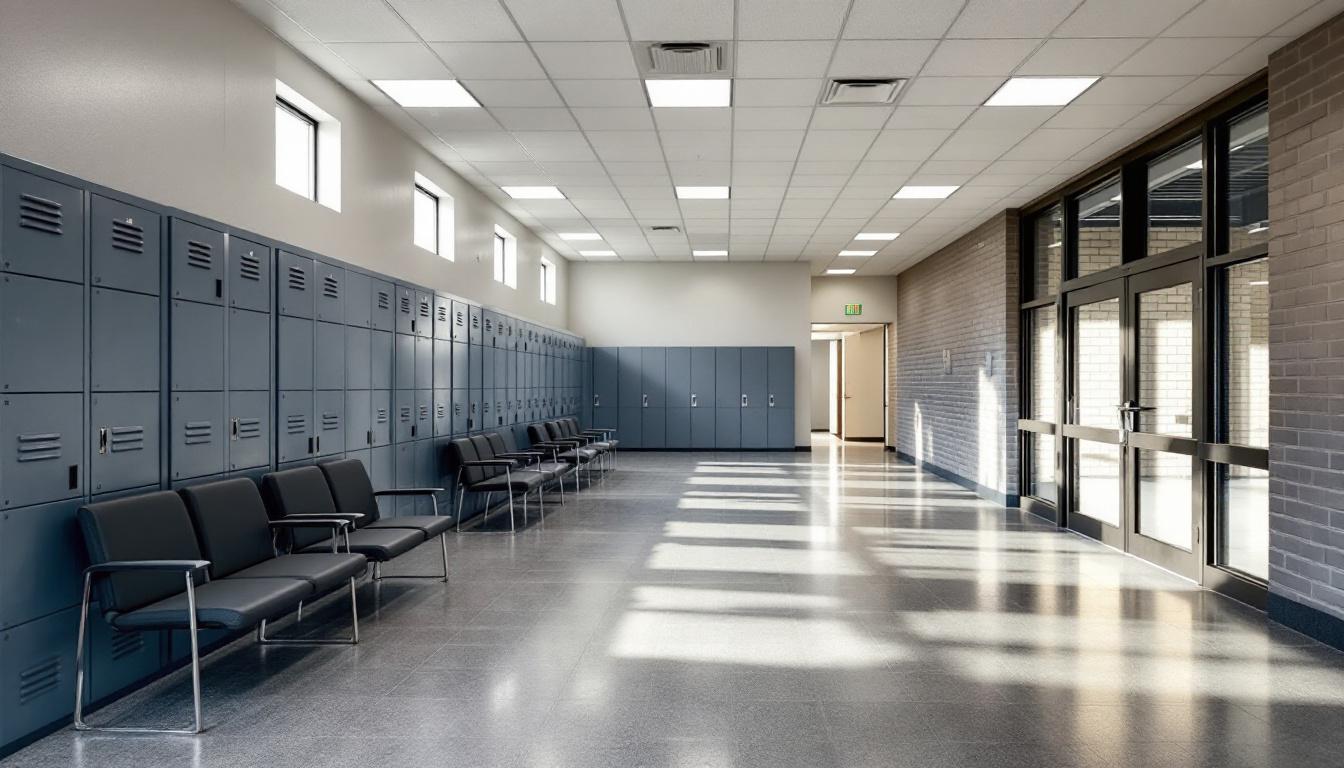
Structure now governs every aspect of life within the facility, with residents following carefully planned schedules that begin early each morning. Wake-up calls typically occur before dawn, followed by mandatory counts and cell inspections. Residents regularly move through designated time blocks for meals, programming, and supervised activities. The predictable rhythm of announcements, movement calls, and scheduled events delivers consistency that many residents find stabilizing during their time at the facility.
Housing arrangements generally place residents in dormitory-style units or individual cells, depending on classification levels and available space. Living spaces typically include basic furnishings such as bunks, storage areas, and shared bathroom facilities. Personal property may be limited to approved items like clothing, hygiene products, and a small number of personal photographs. In addition to this basic accommodation, residents usually have access to commissary services where they can purchase additional food items, writing materials, and approved personal care products using funds from their facility accounts.
Programming schedules often include educational classes, substance abuse counseling, and vocational training opportunities that help structure the day. Work assignments within the facility may involve kitchen duties, maintenance tasks, or cleaning responsibilities that provide residents with routine responsibilities. Despite this structured environment, family connections remain important through scheduled visitation periods and telephone privileges. Recreation time typically includes access to television areas, reading materials, and outdoor exercise periods when weather and security conditions permit, delivering additional structure while supporting physical and mental well-being.
Ready to Connect?
Start communicating with your loved one today
Search for an Inmate
